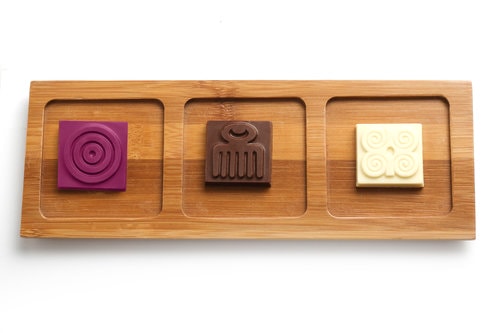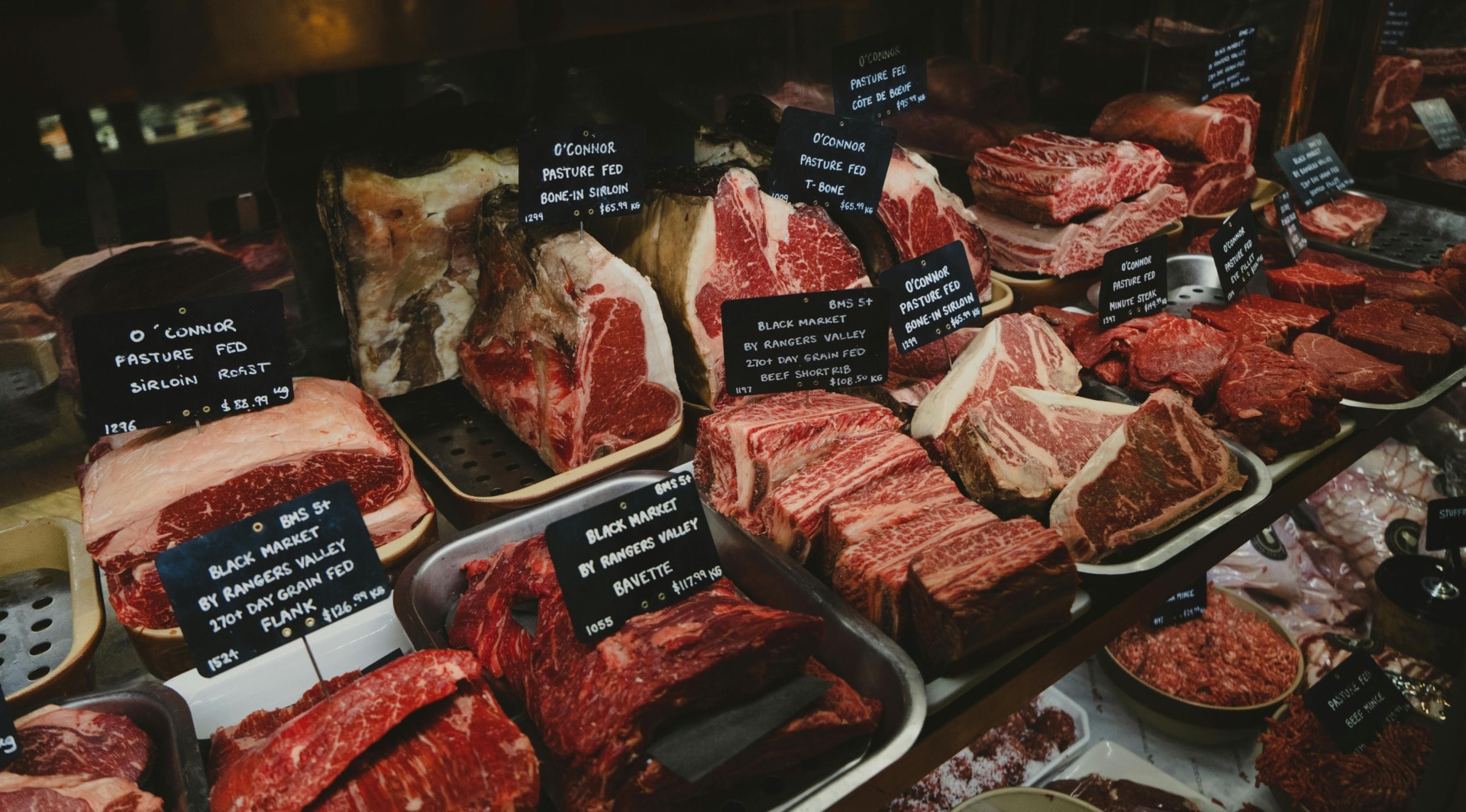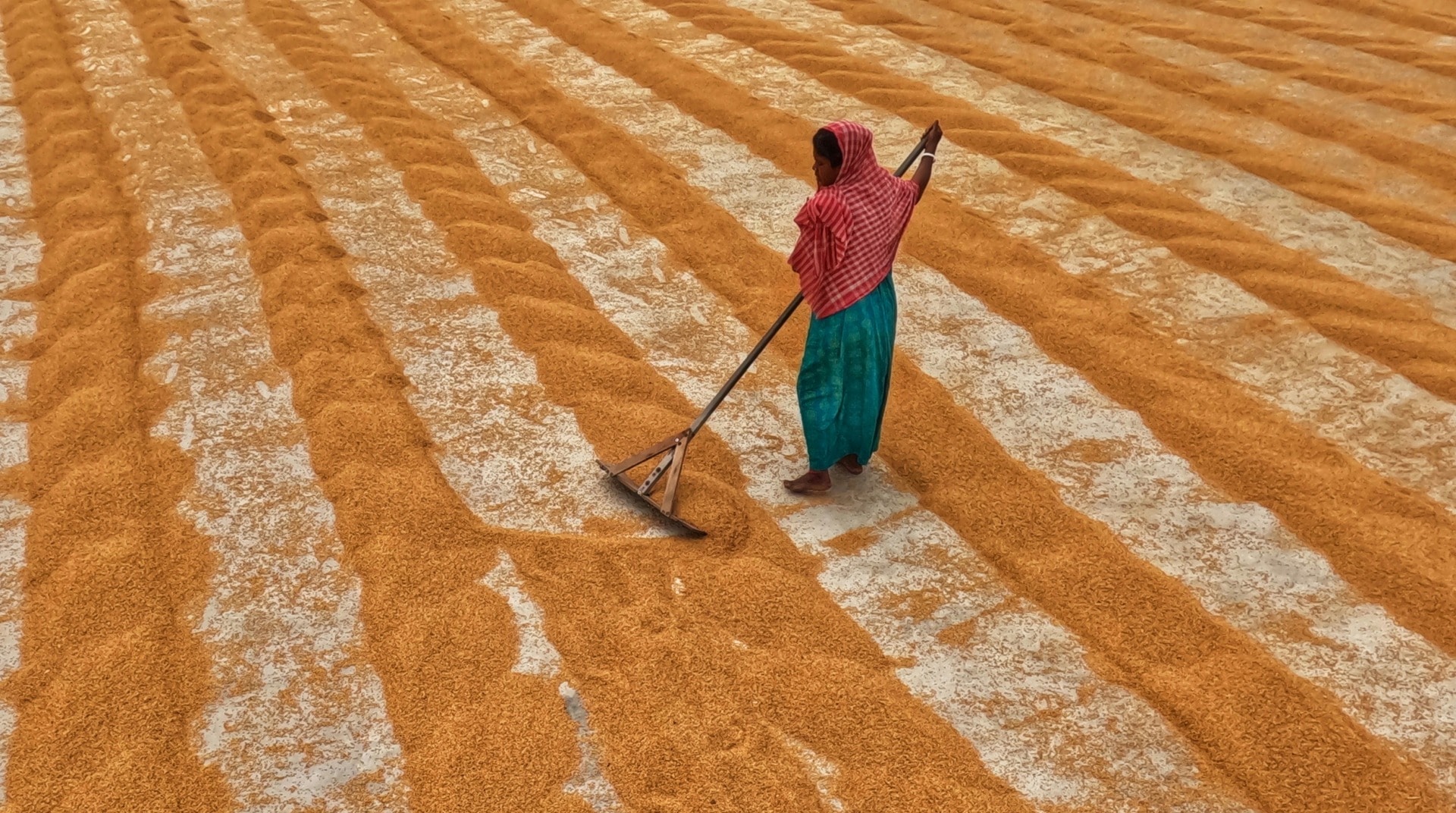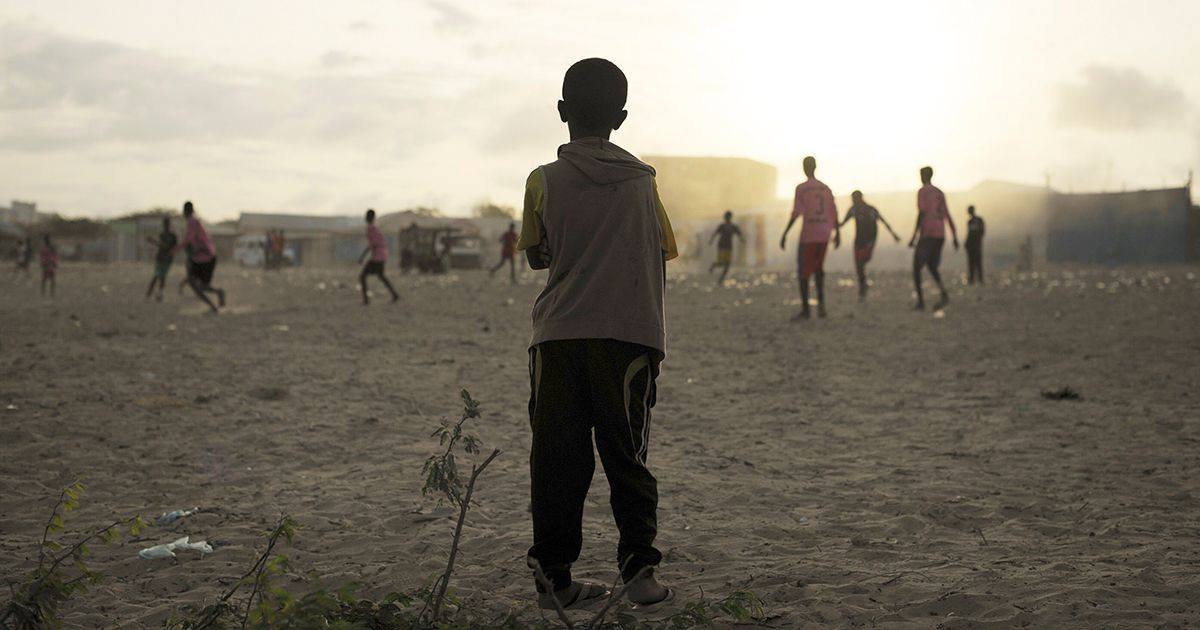Kimberly and Priscilla Addison are the two Co-founders of ’57 Chocolate, a luxury chocolate brand inspired by their Ghanian roots. Kimberly is a graduate of Boston College’s Arts and Sciences Program, where she obtained a Bachelors of Arts in French and International Studies, with a concentration in social justice while Priscilla Addison is a graduate of New York University’s Robert F. Wagner School of Public Service, where she obtained a Master’s in Public Administration with a specialization in International Development.
Could chocolate by the right way to help young people in Ghana? A way to help local farmer and empower the local industry? This is what ’57 Chocolate believes in and they surely could be a game changer in the industry.
Impakter sat with Kimberly and Priscilla to find out more about ’57 Chocolate, and how their planning to develop their brand in the future.
How did you start 57 Chocolate? What inspired you?
Kimberly Addison & Priscilla Addison: Together, we co-founded ‘57 Chocolate. We are not only business partners, but we are also sisters. We never grew up in Ghana, but together as sisters and friends, we’ve always known one day we’d return “home” and build a legacy—which today is known as ‘57 Chocolate.
We actually never gave much thought to where chocolate came from or how it was made—not until 2014. Before then we were both working in the field of international development in Geneva, Switzerland. In 2016, we founded ‘57 Chocolate to show that quality chocolate can be made in Ghana. ‘57 Chocolate is the pioneer artisanal bean to bar chocolate manufacturer in Accra, Ghana defined by creativity and luxury. The name ‘57 is short for 1957—the year of Ghana’s independence.
The idea behind this legacy arose after having lived in Switzerland for a few years, with occasional visits back to our roots—Ghana. After visiting Cailler, one of Switzerland’s largest chocolate factories, we learned that the majority of Swiss chocolate was made with cocoa grown in Ghana and other parts of Africa. We thought it was strange that Switzerland is known for its chocolate but doesn’t grow any cocoa— the main ingredient in chocolate. Meanwhile, Ghana is the second largest producer of cocoa but produces very little chocolate itself. In Ghana, the shelves of supermarkets overflow with foreign chocolate brands, many made Ghanaian cocoa beans.
Since 2014, we’ve been able to distinguish ourselves as more than just sisters. We learned to make chocolate from scratch—literally from the cocoa bean itself all the way to the chocolate bar. We took courses together on confections and trained with chocolate makers in the field. We want to add value to an underutilized resource (the cocoa bean) in Ghana. Having recognized all of this, we were determined to use Ghanaian cocoa to create a high-quality Ghanaian brand of small-batch single-origin chocolate that is reputable around the world.
Can you please explain what makes ’57 chocolate so special and different from other similar products on the market?
K. A. & P. A. : What many don’t know is that there is a difference between being a chocolate maker and a chocolatier. Chocolatiers are known to use ready-made chocolate to make truffles and confections. Chocolate makers often make their chocolate—from the cocoa bean to the chocolate bar—from scratch. At ‘57 Chocolate we are chocolate makers. We take pride in being Ghanaian chocolate makers, thereby making chocolate where cocoa grows!
There has been a global shift from sugary massed produced chocolate to luxury chocolate of single origin, made with no chemicals and produced in small batches with a high cocoa content. ‘57 Chocolate is a part of the latter; we do not use any chemicals and cocoa is the first ingredient in our dark and milk chocolate. We see ourselves redefining what it means to be a luxury chocolate brand on the African continent and world-wide.
Having grown up internationally—living in places such as the United States, Senegal, France, and Switzerland, it became apparent to us that there is a stigma toward African made goods—even amongst Africans. African brands were never seen as luxurious or high quality, but often “cheap” and low grade. Our brand seeks to give our customers a completely natural and honest experience, from the moment they see our chocolate to the moment they taste it. Our packaging features various aspects of Ghana’s art and culture. Our customers especially appreciate our bite-sized Adinkra chocolates bars that are beautifully engraved with visual symbols created by the Akan people of Ghana, which are meant to inspire.
Most importantly, our products contain no artificial flavors, preservatives or colors. Our products fill a unique void since high-quality chocolate that is fully made in Ghana remains almost non-existent for purchase. This highlights the fact that not only are the beans sourced locally, but the chocolate is also manufactured locally. We want to ensure that we are featuring the richness and flavor of the most important ingredient and not just giving our customers a quick sugar fix! More often than not, we have people asking us if our chocolate and packaging is truly made in the country—which it is!
How many clients have you had so far? How has this number changed over the last couple of years?
K. A. & P. A. : We always sit and reminisce about when we first started out with just a handful of clients, mostly family and friends. Our first big order—or what we thought was big back then in 2016—involved making 700 pieces of bite-sized chocolates for a Ghanaian wedding. Since then, we have received an overwhelming amount of support from people world-wide—and the interest is still growing. Our products have traveled to South Korea, Russia, Australia, Japan, Brazil, Syria, the Maldives and many other interesting places around the world! We are so grateful for all the support we’ve received and continue to receive.
Editor’s Picks – Related Articles:

“The Raw Chocolate Company: Linus Gorpe Interview“
 “Studentshubgh: Providing Opportunities for Students in Africa“
“Studentshubgh: Providing Opportunities for Students in Africa“
What kind of impact do you have on your community?
K. A. & P. A. : Although we are a growing startup, we still seek to give back to the Ghanaian community and youth in various ways. We have sponsored initiatives involving girls’ education and autism. We have also hosted free chocolate tastings for a children’s home in Accra. We enjoy speaking at seminars or conferences that will engage youth who are interested in business. We are always willing and ready to share our experiences and motivate Ghanaian youth to pursue their dreams. We are striving to create an awareness and consciousness especially amongst the youth that all Ghanaians should add value to local resources through processing and manufacturing in order to create high-quality finished goods of value that can be consumed both locally and globally.
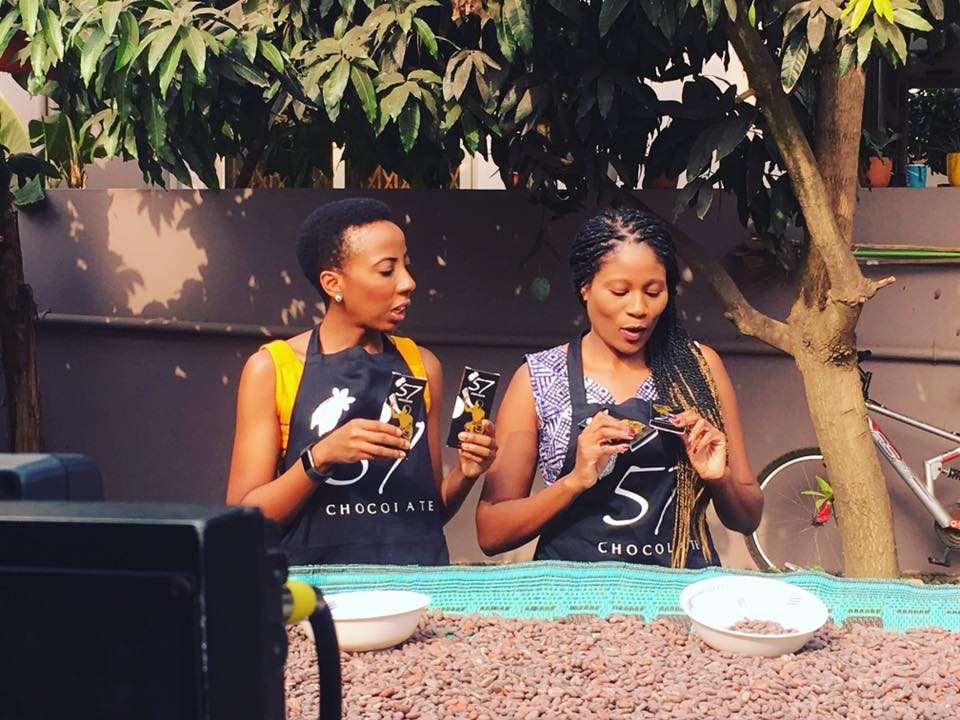
What do you think needs to be done in order to bring about more women entrepreneurs and initiatives like yours in Africa?
K. A. & P.A : There needs to be more opportunities for women entrepreneurs to access finance, markets, equipment, professional information and training to excel in their respective fields. We believe women entrepreneurs, especially African women can help re-write a positive narrative for Ghana and the African continent in its entirety. Women entrepreneurs are showing the world that Africa has an incredible amount of potential.
What are your thoughts about the SDGs (Sustainable Development Goals)? How do you think your company can offer a positive contribution in that sense?
K. A. & P. A. : Sustainable Development Goal 9 (build resilient infrastructure, promote inclusive and sustainable industrialization and foster innovation) resonates the most with our aspirations to bring manufacturing back to Ghana. For example, in 1957, Ghanaians were adding value to local resources by processing them into finished goods. Back then, Ghana had industries and factories that are no longer in existence today. These factories were set up in the regions where the resources were most prominent. There were tomato factories where the nation was processing its home-grown tomatoes into puree and paste. Today, Ghana imports an overwhelming amount of its tomatoes and tomato-based products. There were rice mills, sugar factories, and even dairy farms. Today, Ghana’s dairy industry is completely nonexistent. Our country shockingly imports goods that it can grow or manufacture, like chocolate. ’57 Chocolate is striving to make a positive contribution by manufacturing finished goods and creating jobs to ultimately move Ghana up the cocoa value chain. We do not solely want to be known for producing great cocoa, but great chocolate as well.



